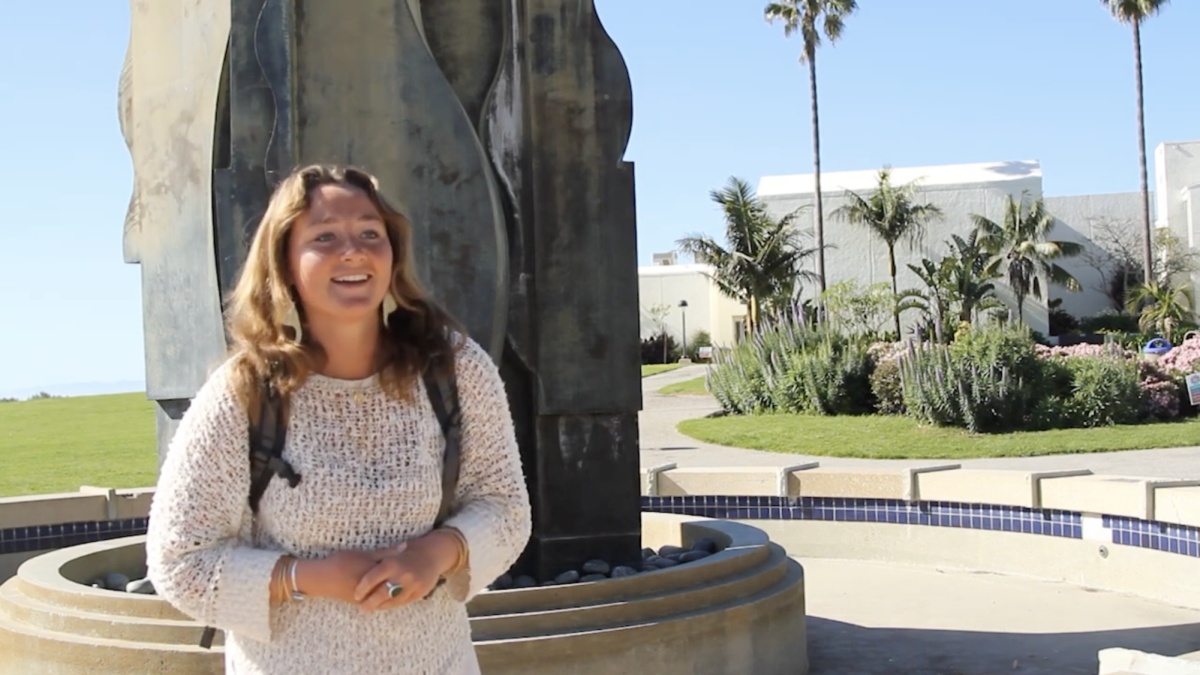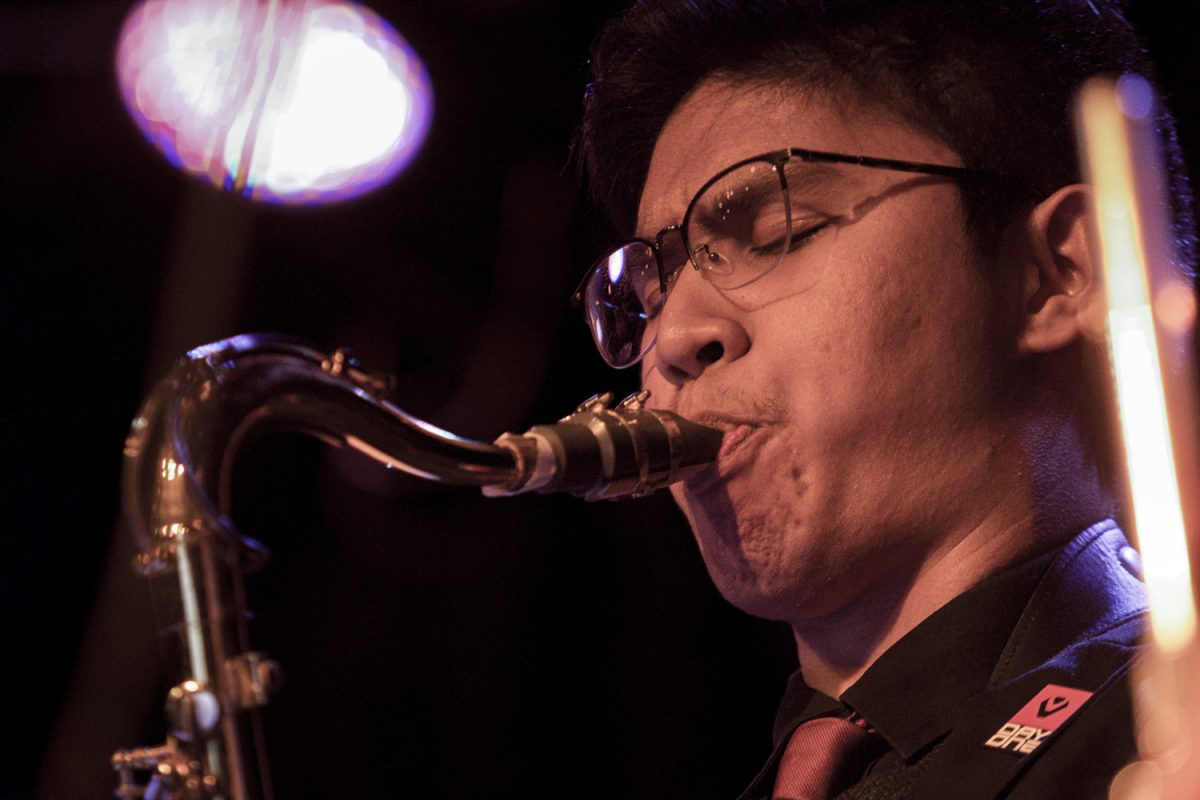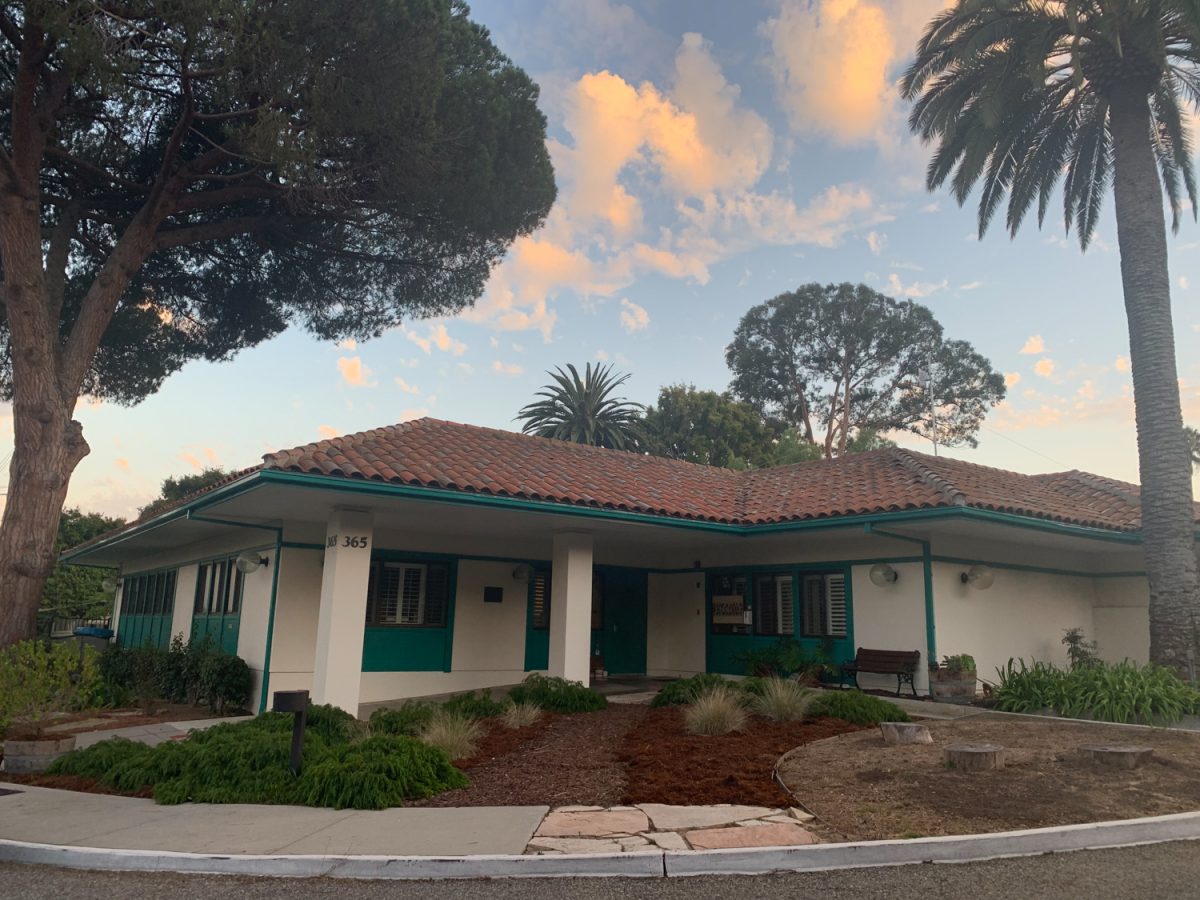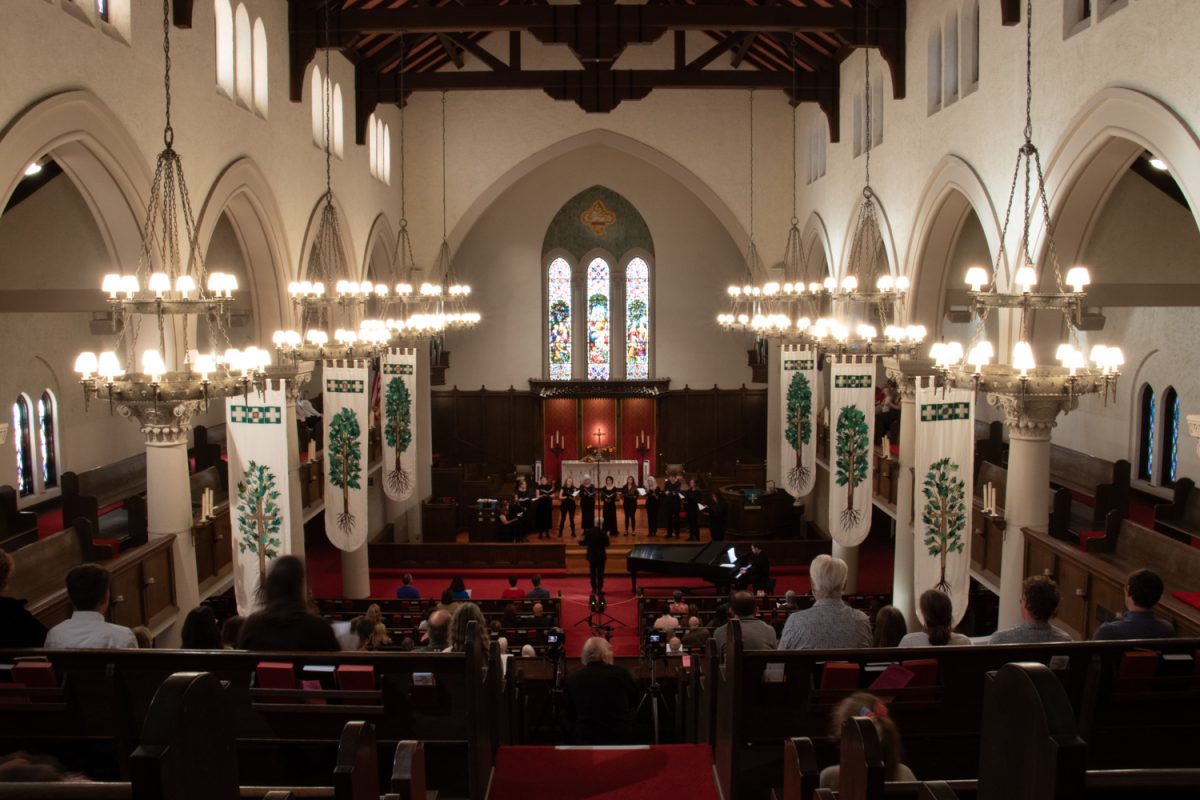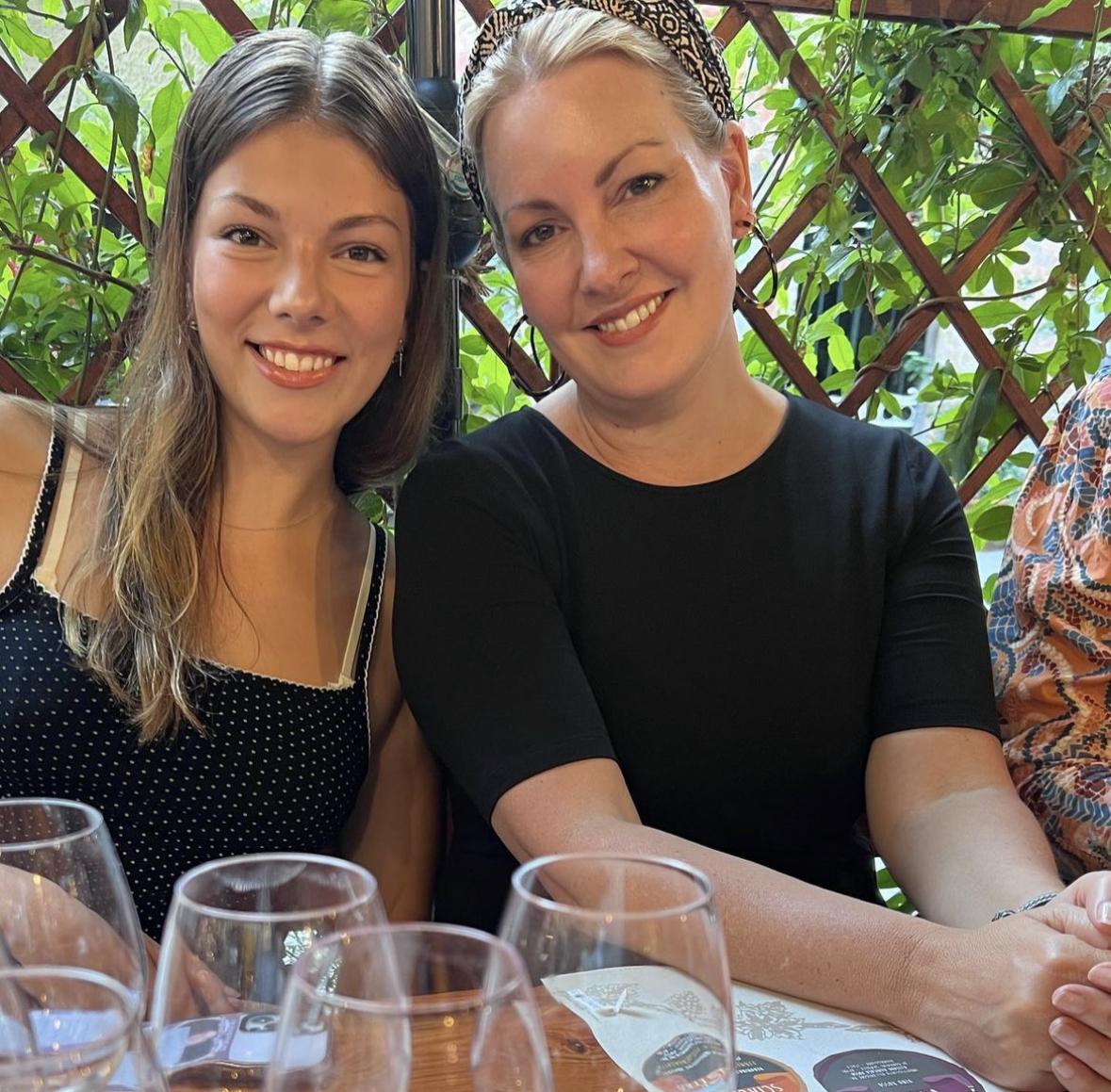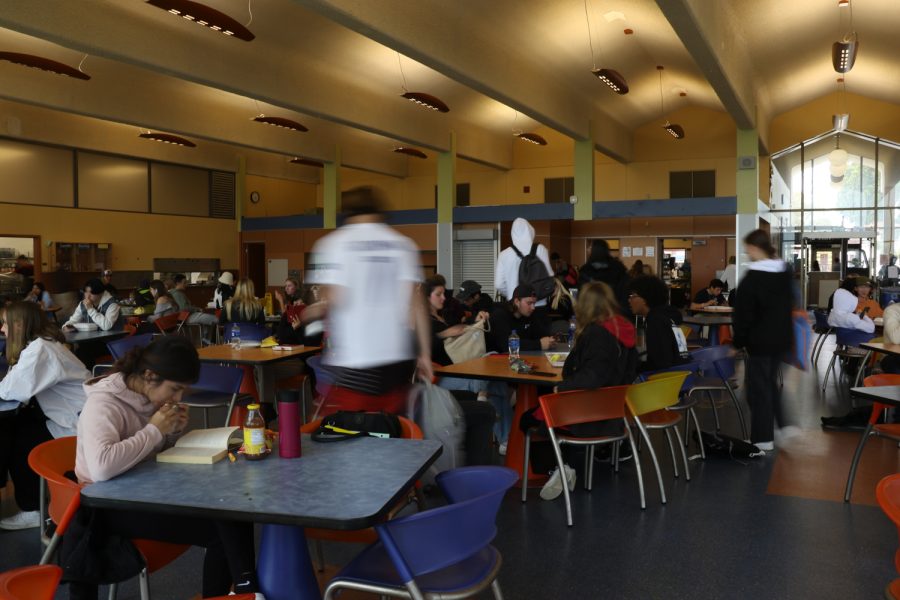In the land of the rising sun, Bob Harris (Bill Murray) can’t sleep. His acting career has seen much better days but he can still command a healthy $2 million fee to shoot a whiskey commercial. Trouble is, Tokyo is where the work is.
Harris forgot to pack the requisite phrasebook and the translations provided by his assistant seem to leave a lot out. Not that it would have made such a difference: Harris has enough on his mind to keep himself awake at night, without the help of incoming faxes at 4:20 a.m. or drapes that open automatically to let in the bright sun.
Harris dwells in the periphery of his own life, eager to pin the uneasiness on the strange surroundings. From the photo shoot to the studio set to his hotel room, Harris is a half-step behind himself, his own comedic subject.
A few doors down is Charlotte (Scarlet Johansson) who tagged along her photographer husband (Giovanni Ribisi) with no obvious purpose. Equally ill-at-ease with herself, she will not be writing “Wish You Were Here” postcards. Charlotte and her husband do not despise each other; they simply have nothing to say. Between ikebana and self-help tapes, she stares at the bustling city beyond the panoramic windows.
Sofia Coppola’s second film, “Lost in Translation” casts its protagonists in the sleek confines of a high-rise hotel. Her camera (and screenplay) respectfully follows Harris and Charlotte who strain to connect with something, anything. It is not about infidelity, as neither has anyone to be loyal to. A recent philosophy graduate, she sits, clueless, at the beginning of her life. He is at the end of his career: one gets the sense backstreet Reno casino lounges are next, if only he could sing.
Charlotte is young and her appearance soft and lustrous. Harris is not so young and his skin is tired, spent. Tokyo’s bright lights prove irresistible, and the two display a gentle chemistry when they bounce from night club to pachinko parlors to karaoke bars.
In a quietly-charged scene, they mull over the doubts and confusions of life, with a hint of cynicism. The universality of those questions and their isolation, made more apparent by the language barrier, fill their emptied-out egos and provide substance to the film. Yet, the sparse dialog, instead of focusing our attention on the holes in their lives, often leaves the viewer with the sensation all they have in common are their passport and temporary exile.


